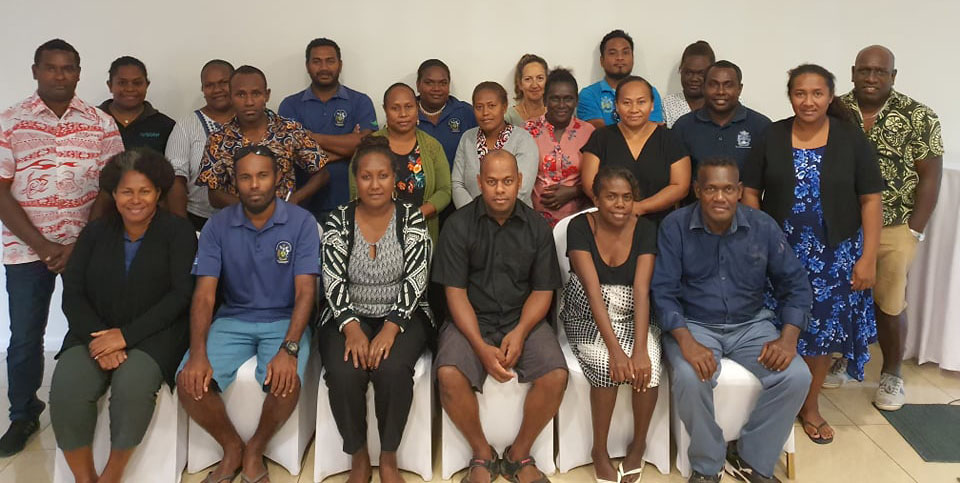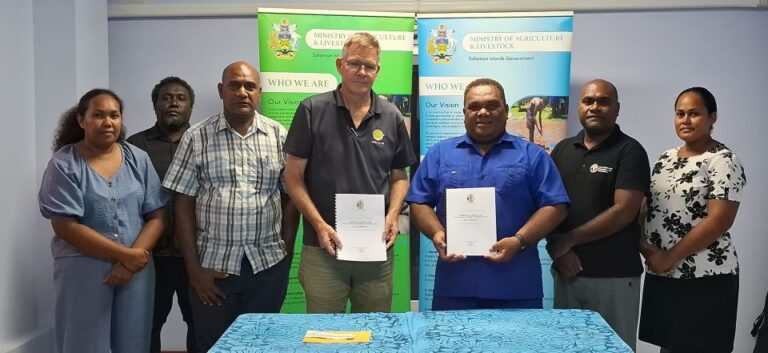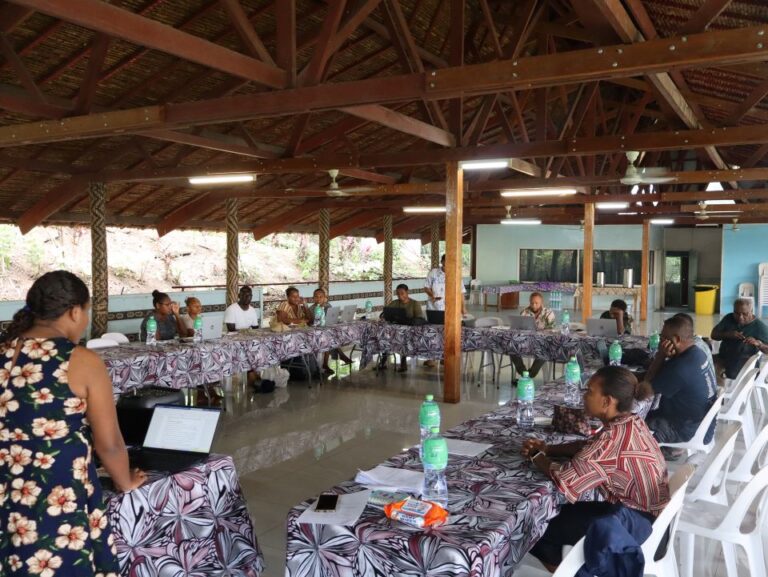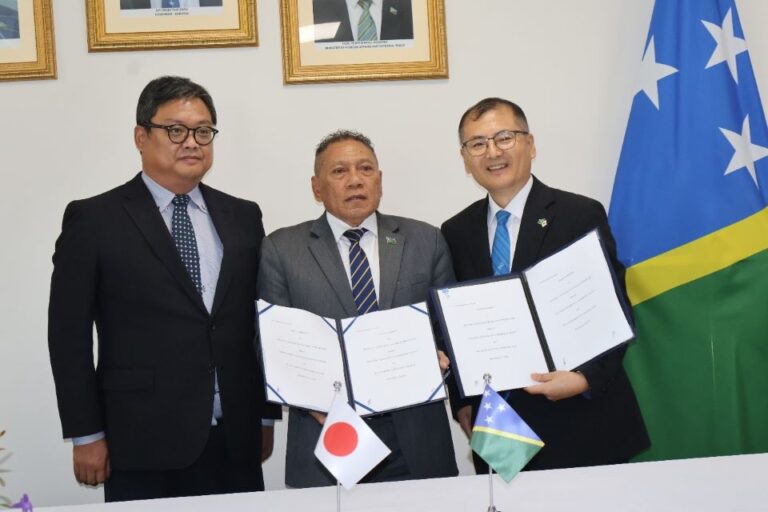MORE than 20 staff of the Ministry of Fisheries and Marine Resources and Ministry of Women, Youth, Children and Family Affairs have undertaken training to support the Ministry’s ongoing efforts to standardise gender, social inclusion and human rights in its policies and service delivery.
Gender mainstreaming remains a top priority for the Solomon Islands Government and the three-days training equipped Fisheries staff with a stronger understanding and practical skills needed to apply people-centred approaches to their work.
A recent survey conducted by the Ministry, has found that over 60 percent of the Ministry’s staff have never undertaken any training on gender since joining the Ministry thus the need for this workshop.
Through this training Fisheries Officers were able to understand gender and issues pertaining to it including equality and equity.
It is understood a review of MFMR’s current gender mainstreaming strategy is due for a review and some of the workshop participants will be involved in its review.
Deputy Secretary Corporate Mr Patteson Lusi, in his opening remarks, said the Solomon Islands Gender Equality and Women’s Development Policy is premised on the vision that the gender equality contributes substantially to improving the wellbeing of women, men, girls and boys and that the promotion of gender equality must be at the heart of the government’s mission.
He pointed out that the MFMR 2020 Annual Report noted the gradual increase in the number of female officers in the MFMR.
“Although there is still room for improvements, female officers now make up 30 percent of MFMR staff,” Mr Lusi said.
He further added: “As a government agency focussed on fisheries, our policy and strategies must be inclusive of everyone in society so that women and girls are not left out of opportunities to improve their livelihoods and to benefit across the sector.”
It is estimated that women carry out almost 50 percent of fishing activities that are crucial to Pacific livelihoods, much higher than the international estimated average which is 18 percent.
However, women’s contributions to the sector have been largely undocumented.
The training which included practical exercises and case studies, addressed several key issues including policy, legal framework and gender issues relevant to the Pacific context, conducting social inclusion analysis and why human rights-based approaches need to be applied in the fisheries sector.
“It is all too often quite easy to overlook social issues such as gender, social inclusion and human rights when developing fisheries management initiatives and policy frameworks. We are delighted to support the Solomon Islands Government and Ministry of Fisheries and Marine Resources in their commitment to addressing this through trainings like this,” said Martin Chong SPC PEUMP Representative.
The gender, social inclusion and human rights-based approaches training which ended on Friday last week was organised by the Ministry of Fisheries with support from the Pacific Community (SPC) through the Pacific-European Union Marine Partnership (PEUMP) Programme, Human Rights and Social Division, and WorldFish.
SOURCE: Ministry Fisheries and Marine Resources




